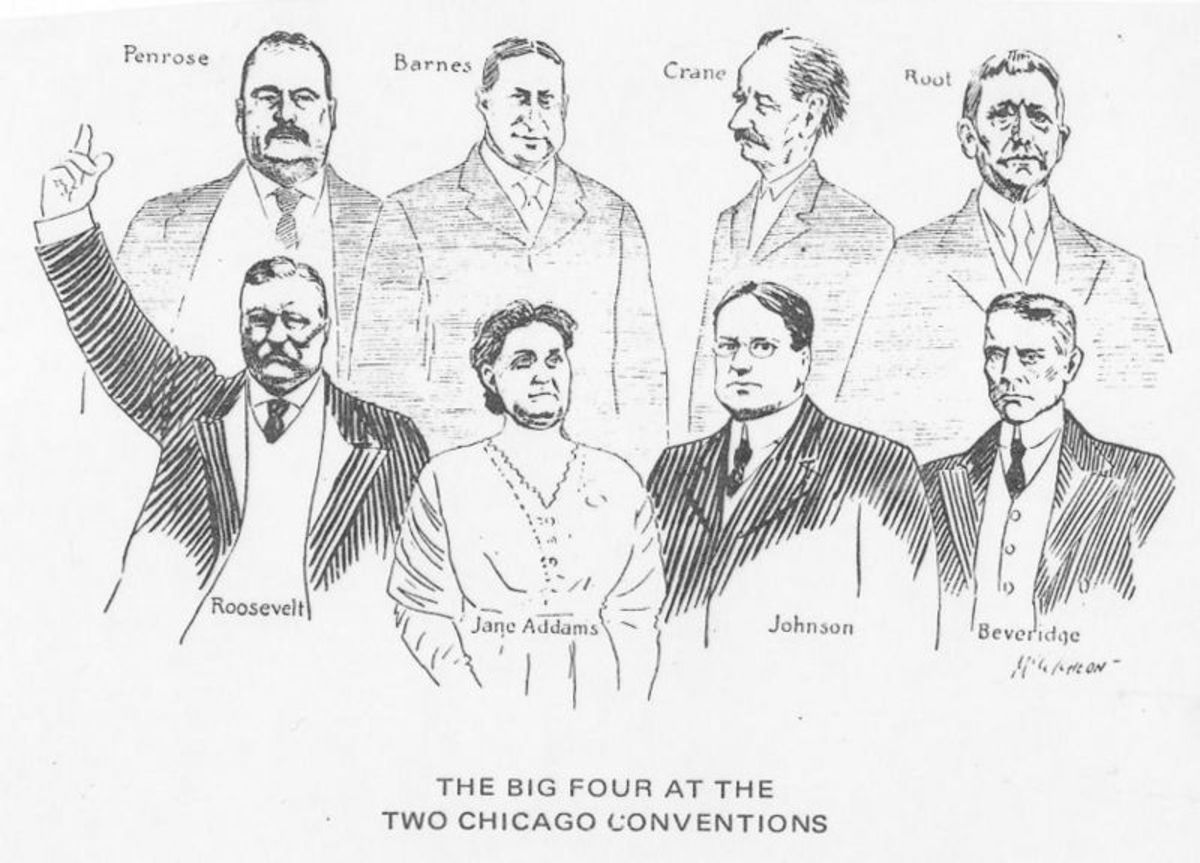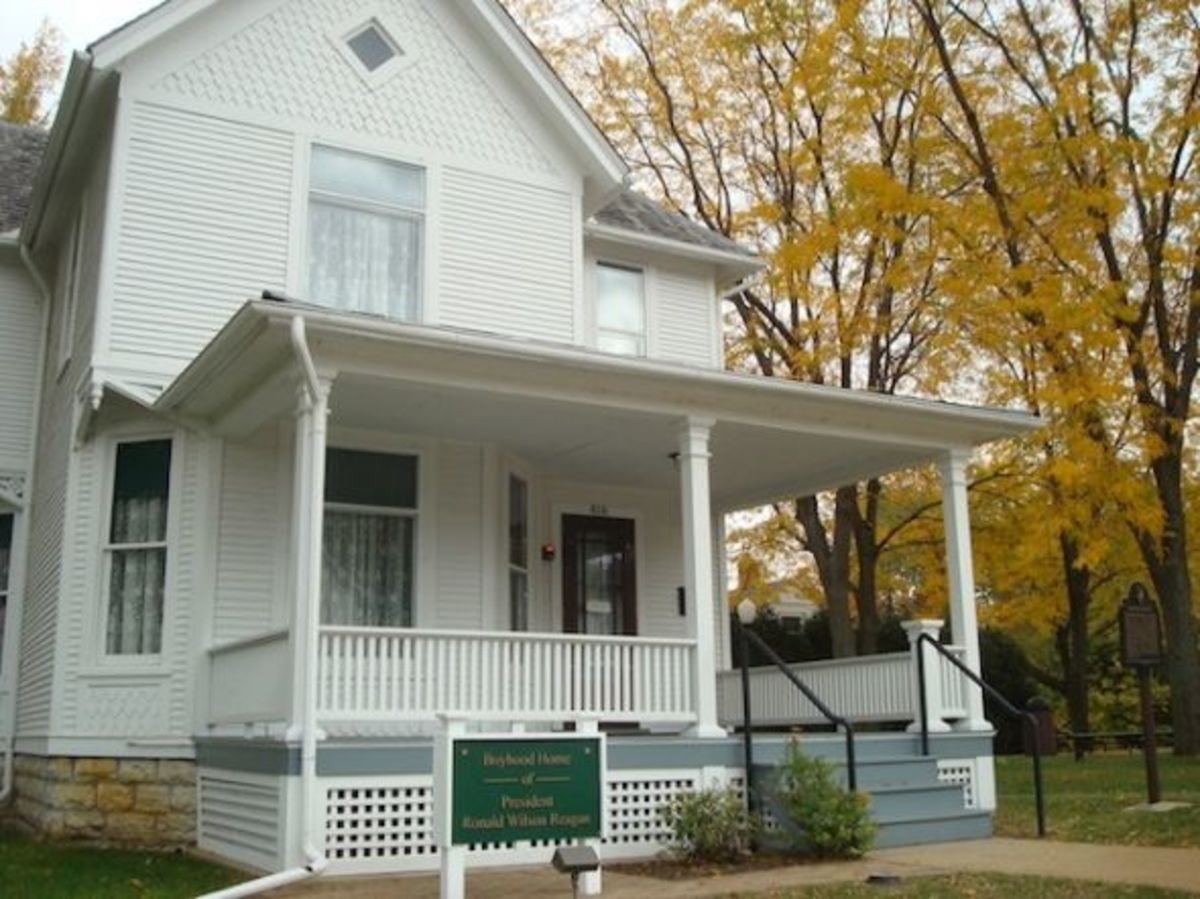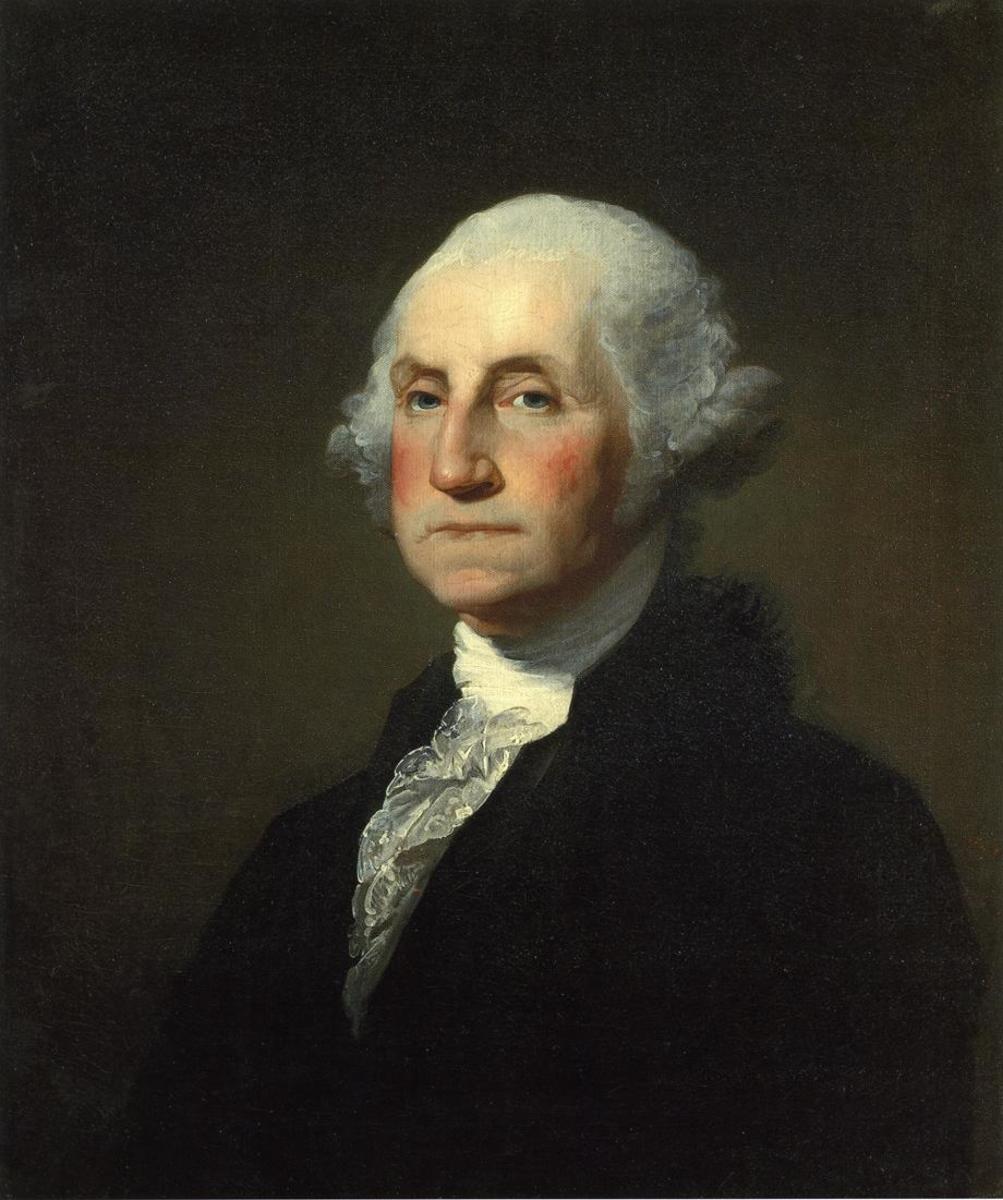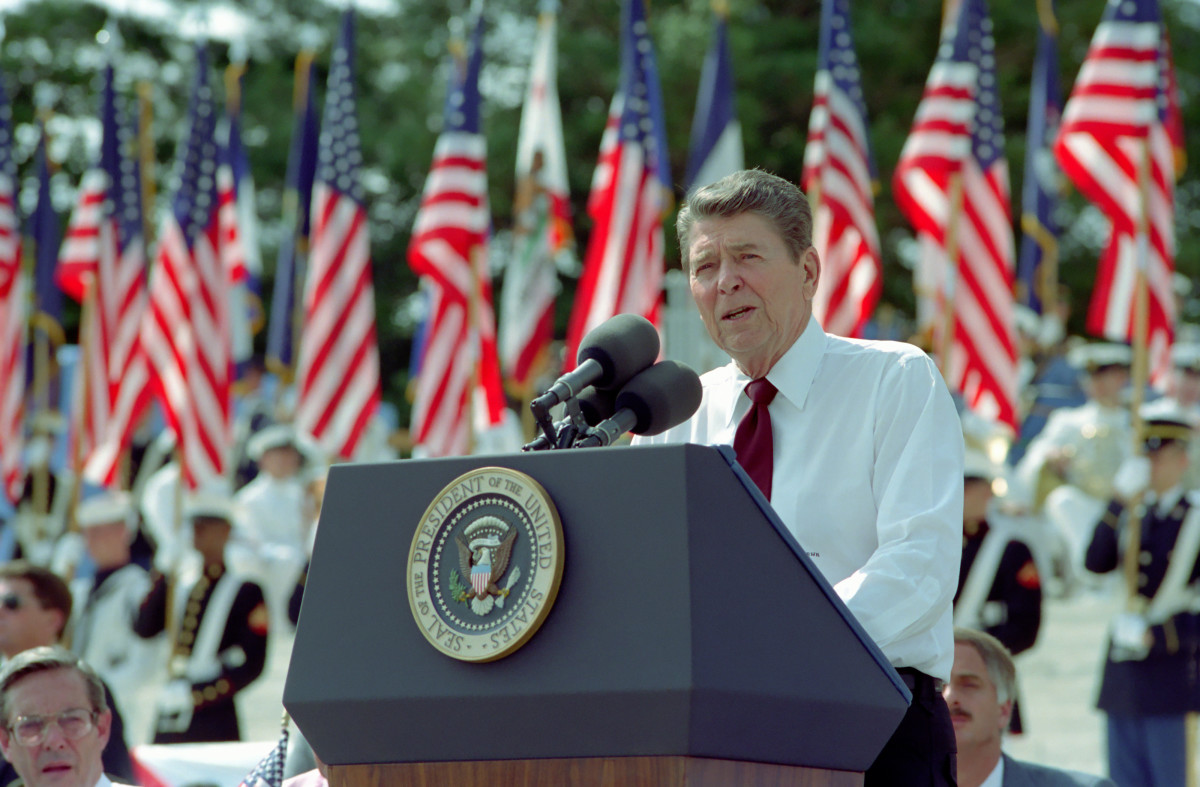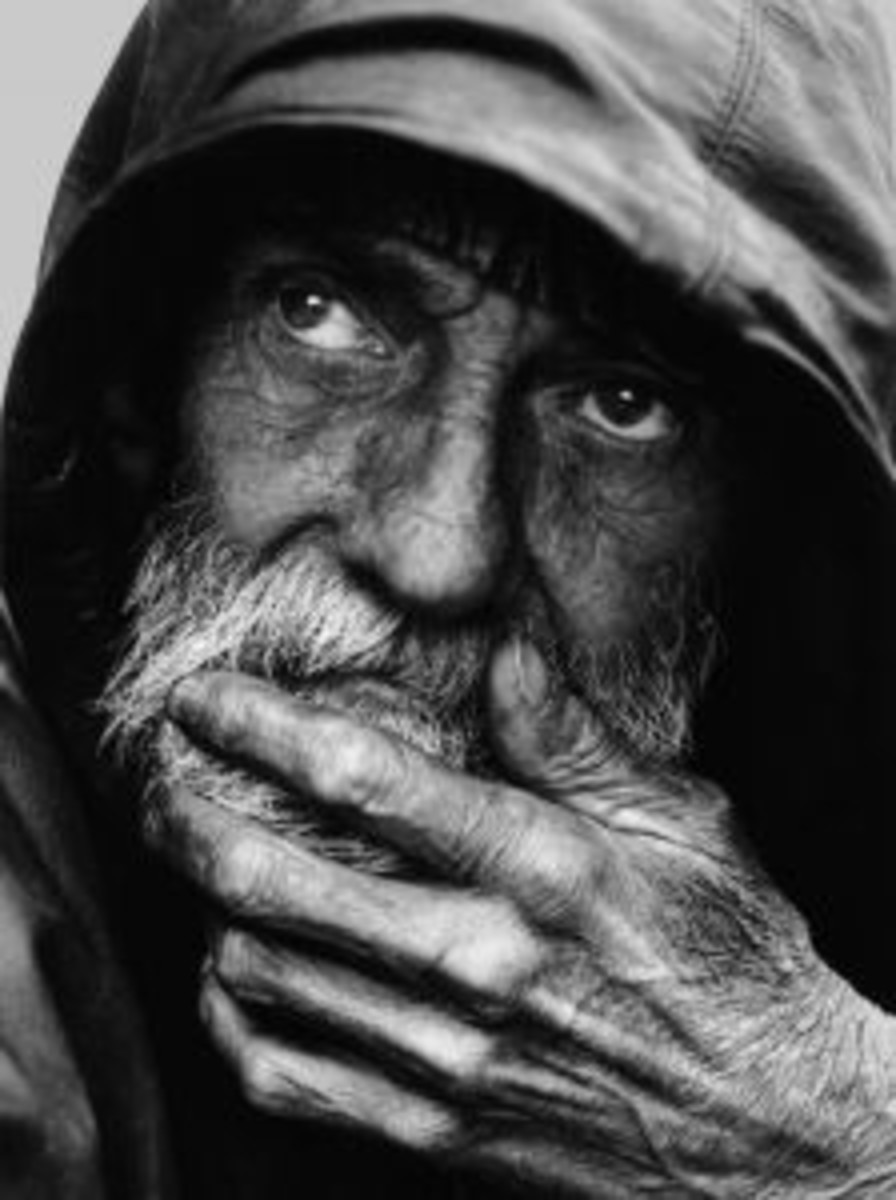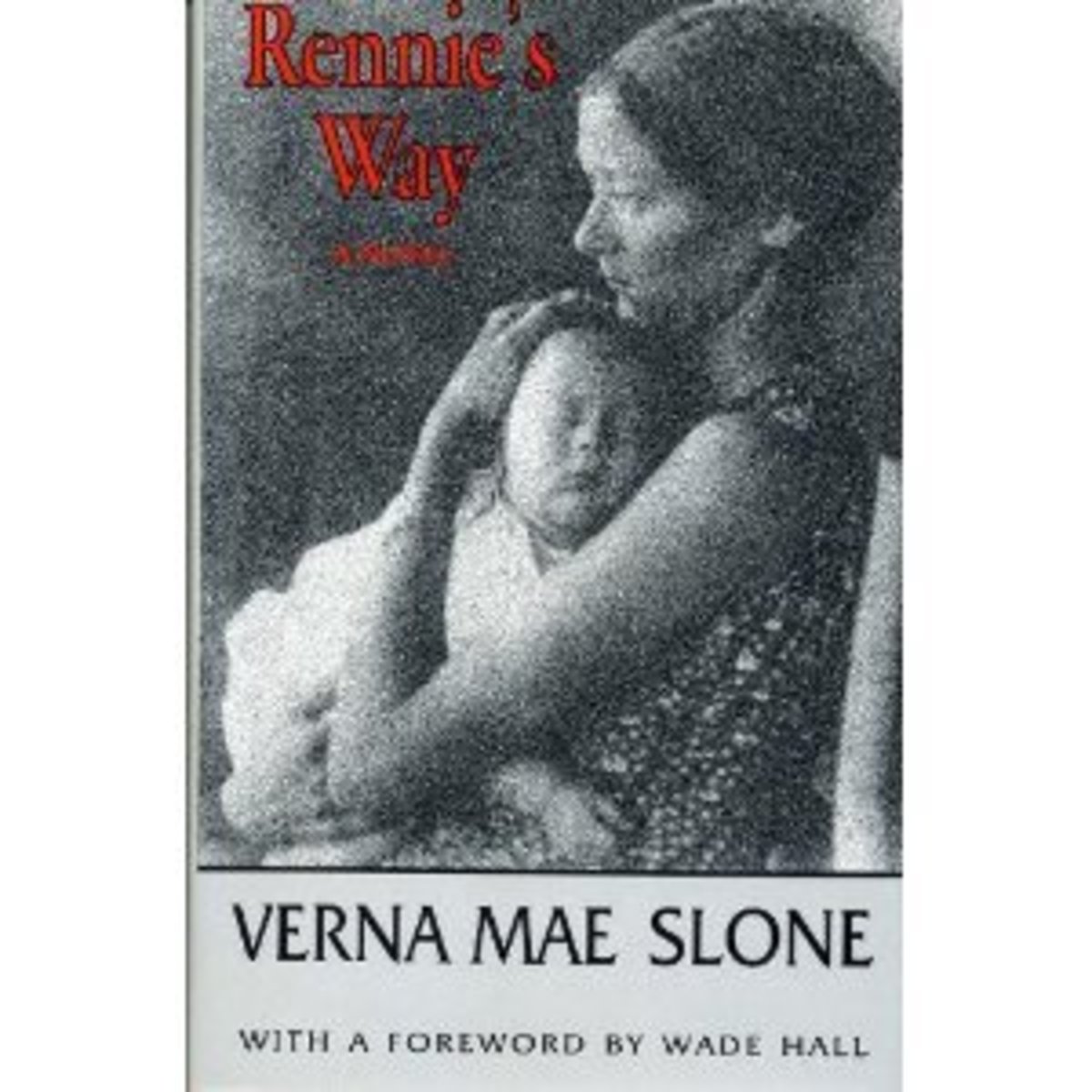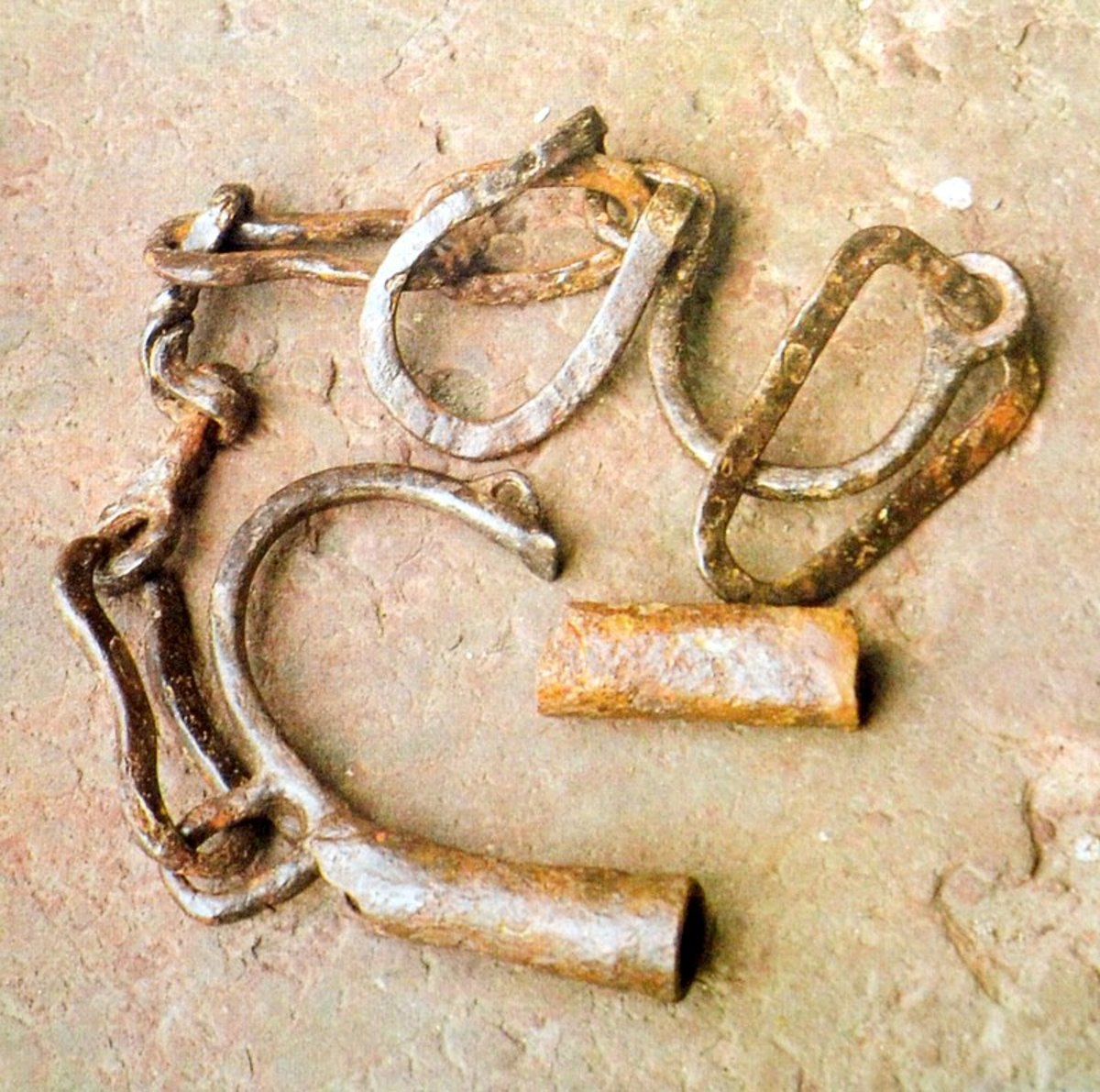JILTED SUPERSTAR: Part 06
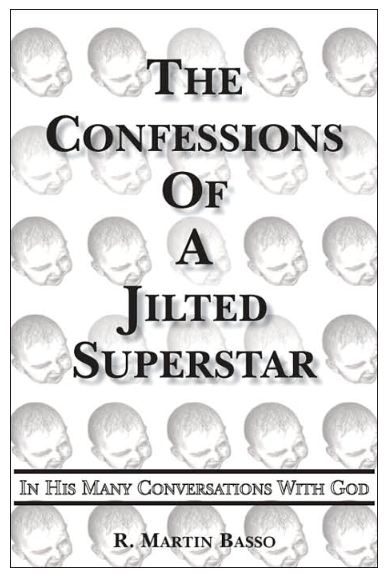
"REAGANOMICS" (Pt. 6 of 21)
.
INTRODUCTORY REVIEW:
With the 21st Century firmly underway we certainly can not predict with any certainty where society will evolve. However, even in admitting our ignorance, we can still identify the preceding influences which ushered society up to its now present day.
Contemporary 21st Century America was forged out of five distinct eras since the close of World War II:
- First era of ‘The Atomic Age': 1945 to 1963. (Previously discussed Hub).
- Second era of ‘Generation Freelove & 1970s America': 1963 to 1980. (Previously discussed Hub).
- THIRD ERA OF ‘REAGANOMICS': 1980 TO 1992.
- Forth era of ‘Dot-Com': 1992 to 2001.
- Fifth era of ‘Revenge Is Justice': 2001 to Present.
.
REAGANOMIX (THE THIRD ERA):
Although few would realize it at the time, winter 1980/Spring 1981 was a unique pivot point. By non-intentional default, this was a likely turning point for the rest of the world too since America is forefront in nearly all aspects of global change.
As Mark David Chapman haphazardly dedicated a few fatally placed bullets, both John Lennon and the society he choreographed each drew final breaths and forever expired. Lennon's death was the demise of Beatniks and their Subculture, of Viet Nam, of Generation Freelove & 1970's America. Overnight a generation of flower children fell asleep on December 8th, 1980 and awoke middle-aged on December 9th to the realization that nothing lasts forever - not icons, not eras, and that all children eventually grow up.
Less than two months later, with the swearing in of Ronald Reagan, America's 40th President, the United States would begin forging an incantation that would ultimately usher it into the 21st Century.
1970's America was suddenly as dead as fried Kentucky poultry, or John Lennon, or disco. Equally Generation Freelove was deemed an embarrassing lapse of consciousness, which nobody outside of Berkeley, California would ever admit to as even having existed at all. What preceded the 1970's? What preceded the 1960's? Who cared? Collectively, nobody wanted to remember. Why? Was there even any point? The essence of Generation Freelove/1970's America was immensely banal: From November 22nd, 1963 through December 8th, 1980 the United States of America turned on, tuned in and dropped out from personal accountability. Society instead adopted various vaporous hallucinations, which, by Reagan's inauguration and like marijuana smoke escaping in the wind, was only then beginning to dissipate.
Such is the demise of any era; society chooses popular dissent by washing it's hands of a matter completely, pauses briefly, and then reflects by tidily, efficiently mass-marketing tragedy onto tee shirts and key chains, to soda pop cans and fast food franchises. It is only turned on so long before ultimately it drops out and moves on.
Franklin Roosevelt and Ronald Reagan were arguably two of the greatest Twentieth century U.S. presidents. Yet, how could two such patriots of opposite political views achieve such status? Simple: Each president was confronted with the arduous task of reconstituting a nation from the ashes of chaos; Roosevelt with ‘New Hope' and post-Depression idealism and World War II panache; Reagan with the cerebral bubble-pop of everything between JFK's assassination up to the death of John Lennon.
In general, the American population loved Reagan, although the great global political frontier, bemused yet somewhat dubious, did not. According to international opinion, by the end of the day, facts were still facts, and although Ronald Wilson Reagan drew subtle parallels and infrequent tabloid comparisons he certainly was no Roosevelt; no matter how desperately those in the American political right-wing wanted to pretend.
Initially, Ronald Reagan was ridiculed and buffooned by pundits on each end of the socio-political spectrum. Why? In essence, an aging cowboy and one time mediocre actor used Hollywood panache and redneck gusto to first clinch the California gubernatorial custodianship and then, in 1980, the U.S. Presidency.
Few knew how to react; first the hurricane turbulence of the 1960's, complete with political assassinations, social unrest and the blemishes of an unpopular war; and then, the bohemian hedonism of the 1970's; a brief, albeit ridiculous, five-year-long decade.
As Ron and Nancy lightheartedly danced away at his 1981 inauguration, everything that had comprised Generation Freelove & 1970's America seemed a little too far away.
The era of Reaganomix opened with one galvanizing theme: Compared to everything since JFK's death, Reagan might not have been the saving grace adequate enough to offer-up Camelot II, but the fantasy of what good ole ‘Dutch' appeared to offer seemed to be exactly what the 1980's ‘Me Generation' desired.
The almost automatic variation upon that theme resounded unilaterally across both sides of America's political frontier, as well as internationally around the globe.
If Ronald Reagan was neither sinner nor saint, then following Kennedy, what were the presidential ‘legacies' that preceded Ronald Reagan?
In retrospect, the history is disappointing, at best:
- Lyndon Johnson - JFK's inept and ill-equipped successor, who could screw up a glass of ice water?
- Dick Nixon - A duplicitous charlatan who always looked deceitful and who stumbled ass-first into both Watergate and its impending impeachment proceedings?
- Gerald Ford - Some forgettable, plain-vanilla nitwit who inherited Nixon's faux pas' and whose two attempted assassinations would scarcely raise an eyebrow?
- Jimmy Carter - The cordial Georgia hillbilly who botched an energy crisis, a national budget and, most notably, an Iranian Hostage dilemma?
Should it be so surprising that Ronald Reagan was widely embraced within the first ten seconds of his Presidency? Yes, Reagan stepped on stage and the great American demagogue politico was again in the midst of change. Or, more poignantly, perhaps he took presidential center stage in spite of change.
Indeed, initially Reagan was guffawed, lampooned, debated - and then shot - but, ultimately anyone of any substantial credibility would rarely come to oppose the fortieth U.S. president of these United States. Like Roosevelt, Reagan was more king than president; sleeping through cabinet meetings, openly propagandizing America's political adversaries as ‘evil empires', aging into senility and complacency.
Of his eight-year presidency, Ronald Reagan was one of the best six-year presidents the United States was ever so graced to have serve as its commander-in-chief. However, come the twilight of his second elected term, wife Nancy's widely-popular, if not lightly philosophical "Just Say No" anti-drug campaign soon gave way to the sadly apropos mumblings of her tired, aging husband: "just say I-don't-know."
As do all great things, all great things do ultimately come to pass. Change in and of itself is rarely the desired outcome when society generally concedes that it has had enough of this or of that, or of something or another. To be indispensable on a Friday, only to awaken on a Monday and discover society has generally concluded you're obsolete: Such was the political curtain call of Ronald Wilson Reagan - actor turned statesman turned icon.
Yes, the death of popularity is a hard demise indeed.
/ / / / END OF PART SIX / / / /
****************************************************
© 2007 - R. MARTIN BASSO
NEXT INSTALLMENT COMING SOON: Part 7: The Dot-Com Orgasm


